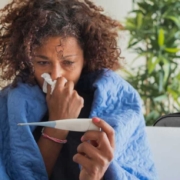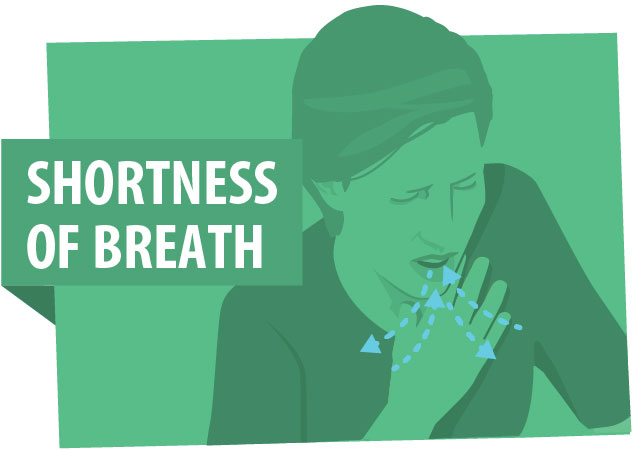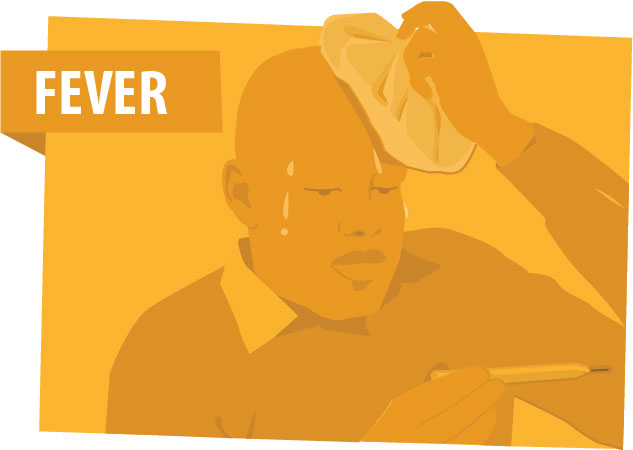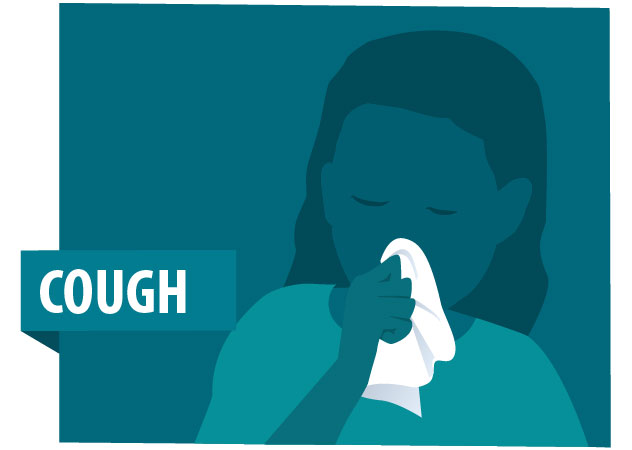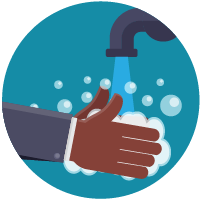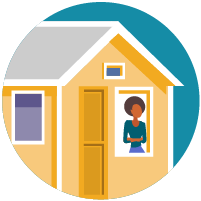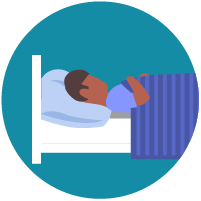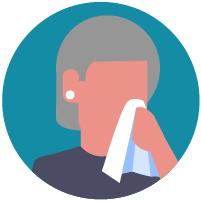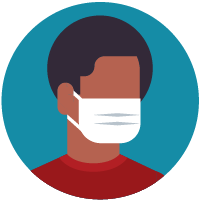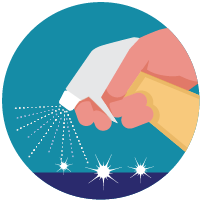What is Coronavirus (COVID-19)?
Coronavirus Disease 2019 (COVID-19) is an illness that affects your breathing and lungs. The first case was found in Wuhan, Hubei Province, China. There are thousands of confirmed cases in China and globally, including here in the U.S.
The following symptoms may appear 2-14 days after exposure.*
- Fever
- Cough
- Shortness of breath
How does it spread?
- From person to person within close contact.
- Mainly through coughing and sneezing.
- Touching a surface or object and then touching your mouth, nose, or eyes.
Prevention tips
Clean your hands often
- Wash your hands often with soap and water for at least 20 seconds especially after you have been in a public place, or after blowing your nose, coughing, or sneezing.
- If soap and water are not readily available, use a hand sanitizer that contains at least 60% alcohol. Cover all surfaces of your hands and rub them together until they feel dry.
- Avoid touching your eyes, nose, and mouth with unwashed hands.
Avoid close contact
- Avoid close contact with people who are sick
- Put distance between yourself and other people if COVID-19 is spreading in your community.
Stay home if you’re sick
- Stay home if you are sick, except to get medical care. Call your doctor If you think you have been exposed to COVID-19 and develop a fever1 and symptoms of respiratory illness, such as cough or difficulty breathing, call your healthcare provider immediately.
Cover coughs and sneezes
- Cover your mouth and nose with a tissue when you cough or sneeze or use the inside of your elbow.
- Throw used tissues in the trash.
- Immediately wash your hands with soap and water for at least 20 seconds. If soap and water are not readily available, clean your hands with a hand sanitizer that contains at least 60% alcohol.
Wear a facemask if you are sick
- If you are sick: You should wear a facemask when you are around other people (e.g., sharing a room or vehicle) and before you enter a healthcare provider’s office. If you are not able to wear a facemask (for example, because it causes trouble breathing), then you should do your best to cover your coughs and sneezes, and people who are caring for you should wear a facemask if they enter your room.
- Clean AND disinfect frequently touched surfaces daily. This includes tables, doorknobs, light switches, countertops, handles, desks, phones, keyboards, toilets, faucets, and sinks.
- If surfaces are dirty, clean them: Use detergent or soap and water prior to disinfection.

